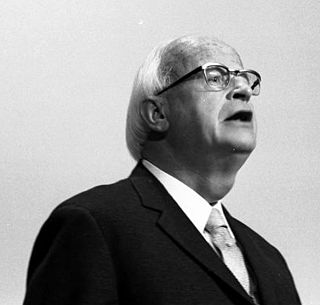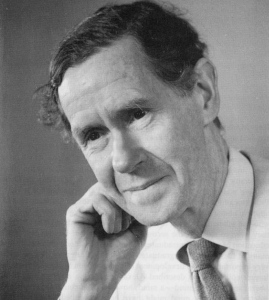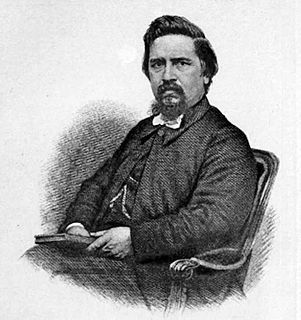A Quote by R. C. Sproul
To be a Christian is to be a theologian-a student of God and his will. The contemporary disdain for theological content and emphasis on self-image and emotions were not shared by the apostolic church.
Related Quotes
I don't believe that God is a fussy faultfinder in dealing with theological ideas. He who provides forgiveness for a sinful life will also surely be a generous judge of theological reflection. Even an orthodox theologian can be spiritually dead, while perhaps a heretic crawls on forbidden bypaths to the sources of life.
Contemporary Christianity, diverse and complex as we find it, actually may show more unanimity than the Christian churches of the first and second centuries. For nearly all Christians since that time, Catholics, Protestants, or Orthodox, have shared three basic premises. First, they accept the canon of the New Testament; second, they confess the apostolic creed; and third, they affirm specific forms of church institution. But every one of these - the canon of Scripture, the creed, and the institutional structure - emerged in its present form only toward the end of the second century.
James says, "You desire and do not have; so you kill" (Jas. 4:2). We kill marriages and we kill unborn babies because they cut across our desires; they stand in the way of our unencumbered self-enhancement. And we live in a culture where self-enhancement and self-advancement is god. And if self-enhancement is god, then the One who is at work in the womb shaping a person in His own image is not God and the assault on His work is not sacrilegious, but obedience to the god of self.
We can understand that the Fathers of the Church in the East wanted Apocalypse left out of the New Testament. But like Judas among the disciples, it was inevitable that it should be included. The Apocalypse is the feet of clay to the grand Christian image. And down crashes the image, on the weakness of these very feet. There is Jesus--but there is also John the Divine. There is Christian love--and there is Christian envy. The former would "save" the world--the latter will never be satisfied till it has destroyed the world. They are two sides of the same medal.
God is omnipotent; God is wholly good; and yet evil exists. There seems to be some contradiction between these three propositions, so that if any two of them were true the third would be false. But at the same time all three are essential parts of most theological positions: the theologian it seems, at once must adhere and cannot consistently adhere to all three.
It is possible to evangelize the world in this generation, if the Church will but do her duty. The trouble is not with the heathen. A dead Church will prevent it, if it is prevented. Why should it not be accomplished? God will have all men to be saved and come unto the knowledge of the truth. The resources of the Church are boundless. Let the will of the Church be brought into line with the will of God, and nothing will be found to be impossible. May God grant it!




































